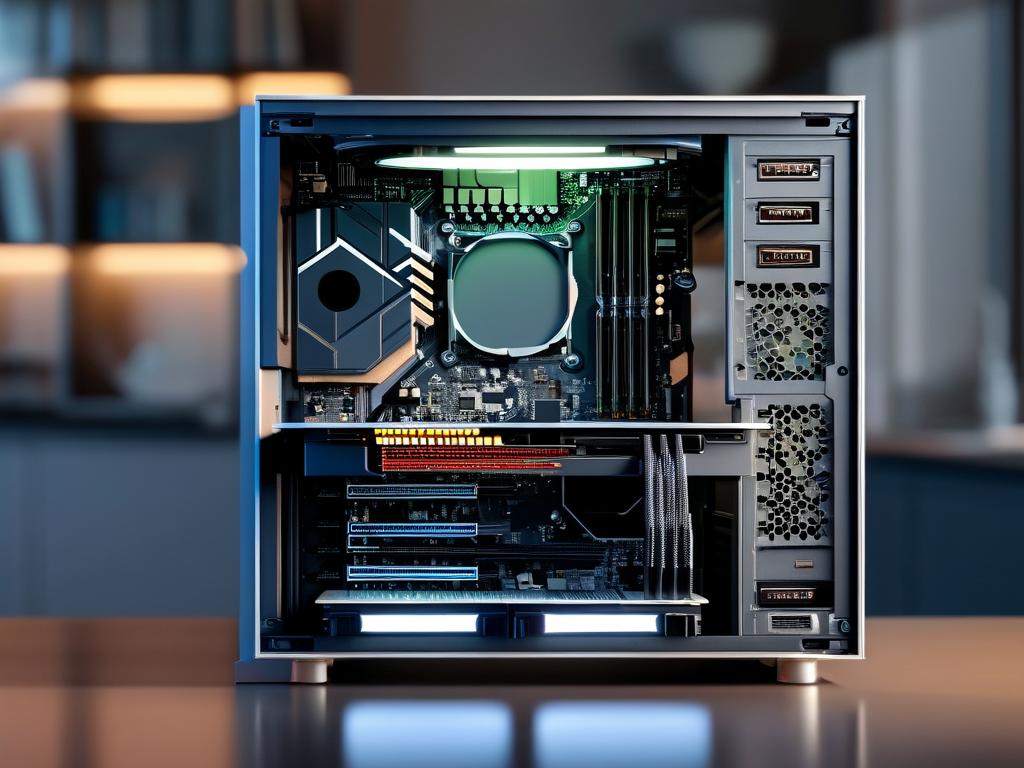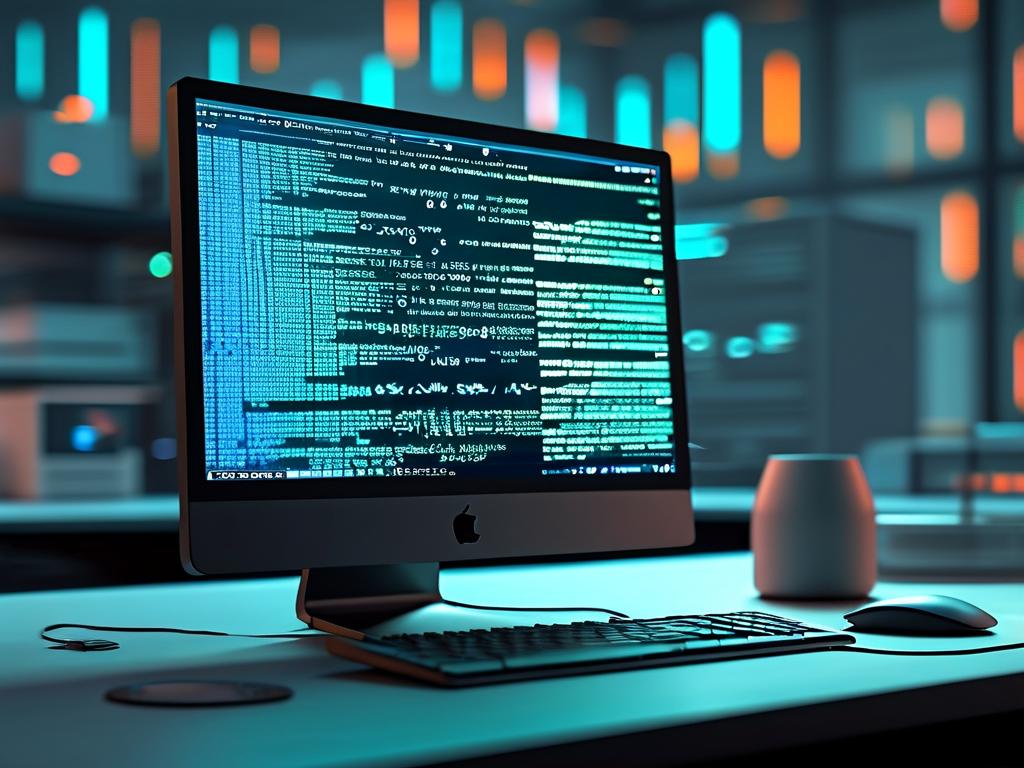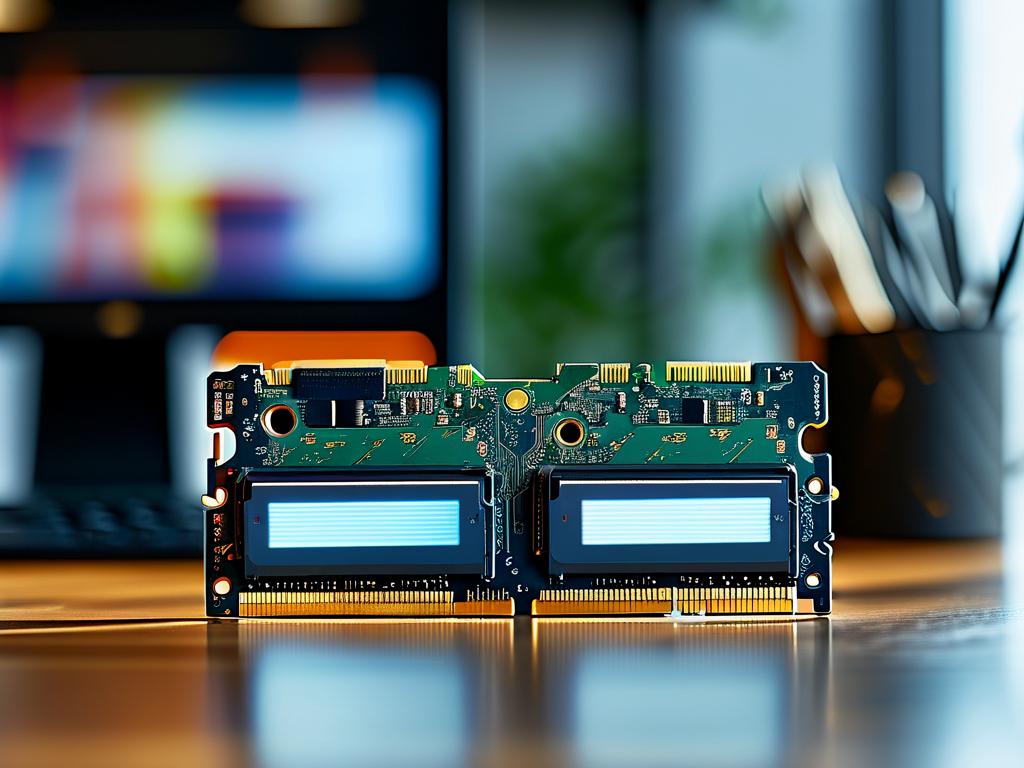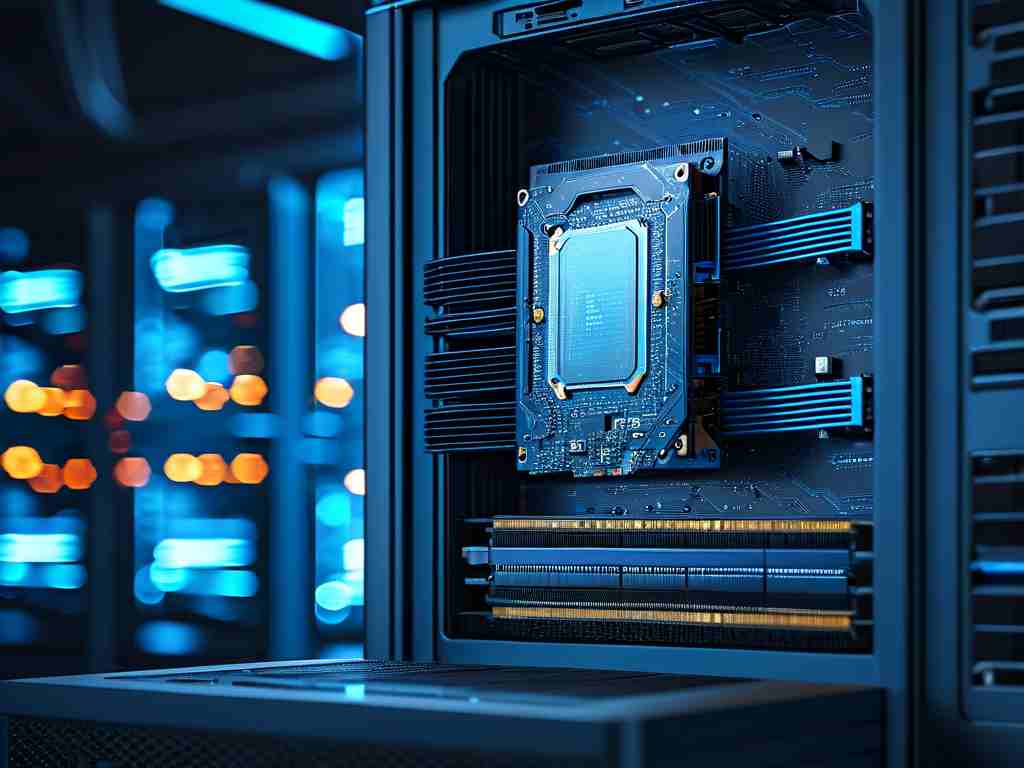In the realm of computing, memory serves as the backbone for nearly every operation. But why do computers need to "calculate" memory? The answer lies in the intricate balance between resource allocation, performance optimization, and system stability. Understanding this process requires a deep dive into how memory works, why it must be measured, and the consequences of neglecting its management.
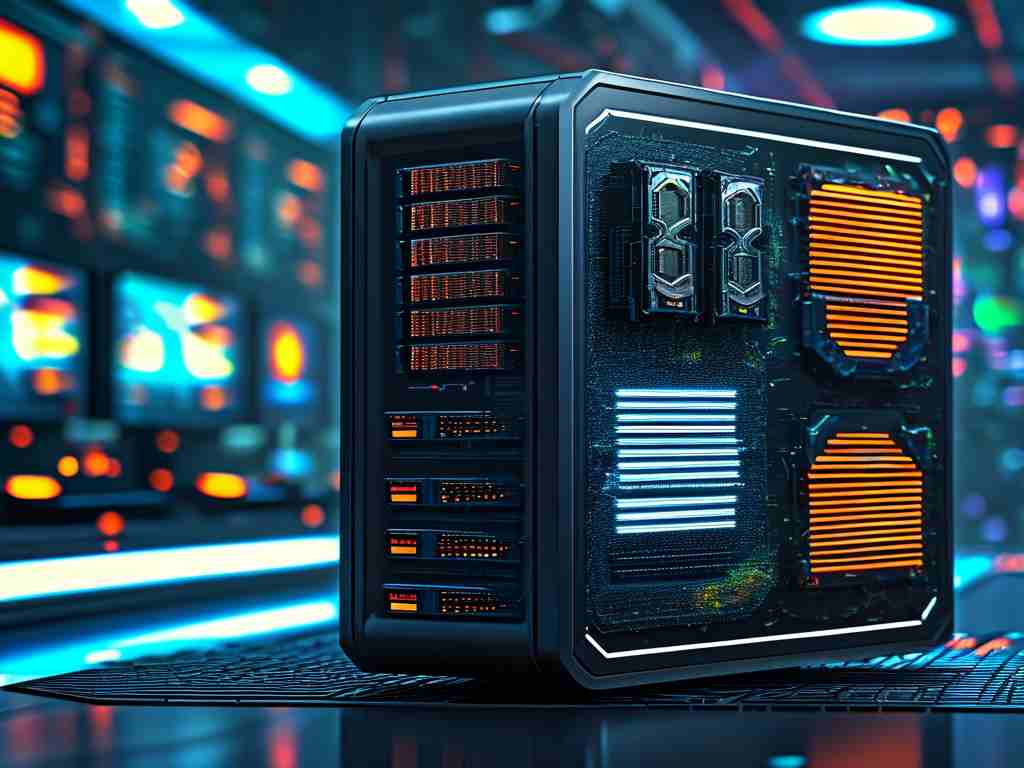
At its core, memory calculation ensures that a computer’s finite resources are allocated efficiently. Random Access Memory (RAM) is a temporary storage space where active processes reside. Unlike permanent storage devices like hard drives, RAM is volatile and directly impacts a system’s speed. When an application runs, the operating system assigns it a portion of RAM. Without precise calculation, multiple programs could demand more memory than available, leading to crashes or sluggish performance.
One critical reason for memory calculation is to prevent memory leaks. These occur when programs fail to release unused memory, gradually consuming resources until the system becomes unresponsive. For example, a poorly coded application might allocate memory for a task but neglect to free it after completion. Over time, these small leaks accumulate, starving other processes of resources. Modern operating systems employ algorithms to track memory usage in real time, identifying and mitigating such issues before they escalate.
Another key factor is multitasking. Modern computers run dozens of processes simultaneously, from background services to user applications. Each process requires a slice of memory, and the operating system acts as a mediator, ensuring fair distribution. By calculating memory demands, the system prioritizes critical tasks—like handling user input or maintaining network connectivity—while deprioritizing less urgent ones. This dynamic allocation is why your computer can stream video, browse the web, and run antivirus scans without grinding to a halt.
Memory calculation also plays a role in virtual memory systems. When physical RAM is exhausted, computers use a portion of the storage drive as "virtual memory." While slower than RAM, this swap space prevents immediate crashes. The operating system calculates which data to move to virtual memory based on usage patterns, keeping frequently accessed information in faster RAM. Without this calculation, systems would frequently freeze or fail to handle large workloads.
Moreover, developers rely on memory calculations to optimize software. A program that uses memory inefficiently—say, by loading entire files into RAM instead of streaming them—can become unusable on devices with limited resources. Tools like profilers help identify memory bottlenecks, enabling programmers to refine their code. For instance, a game developer might reduce texture sizes or implement garbage collection to ensure smooth performance across hardware configurations.
The consequences of ignoring memory calculation are severe. In the early days of computing, systems lacked robust memory management, leading to frequent crashes and data corruption. Today, even with advanced safeguards, poor memory practices can still cause vulnerabilities. Buffer overflow attacks, for example, exploit poorly managed memory to inject malicious code. By rigorously calculating and securing memory, modern systems defend against such threats.
Looking ahead, memory calculation will grow more complex as technology evolves. Emerging fields like artificial intelligence and quantum computing demand unprecedented memory efficiency. AI models, for instance, require massive amounts of data to be loaded and processed in real time. Quantum computers, with their unique architecture, will need entirely new paradigms for memory management. These advancements will push engineers to develop smarter algorithms for calculating and allocating memory.
In summary, memory calculation is not merely a technical detail—it is a cornerstone of computing. By ensuring efficient resource use, preventing errors, and enabling innovation, this process keeps our digital world running smoothly. Whether you’re a developer optimizing code or a user streaming a movie, memory management happens silently in the background, proving that even the smallest calculations can have an outsized impact.


